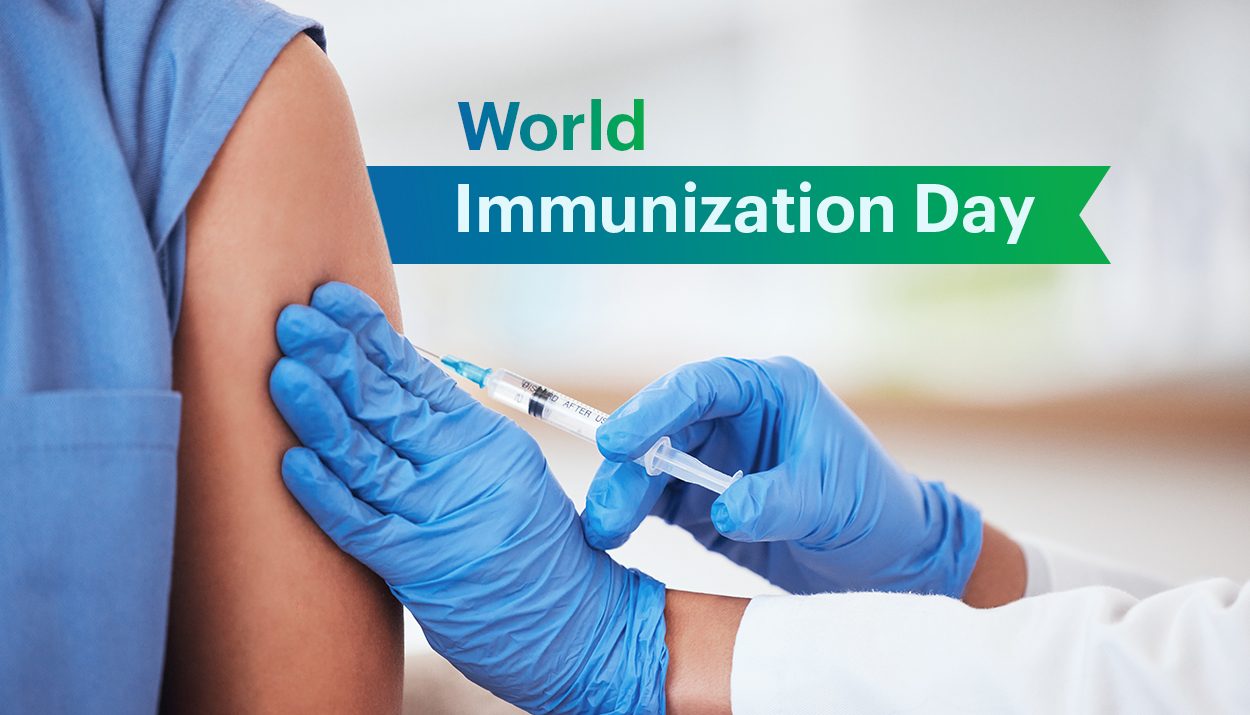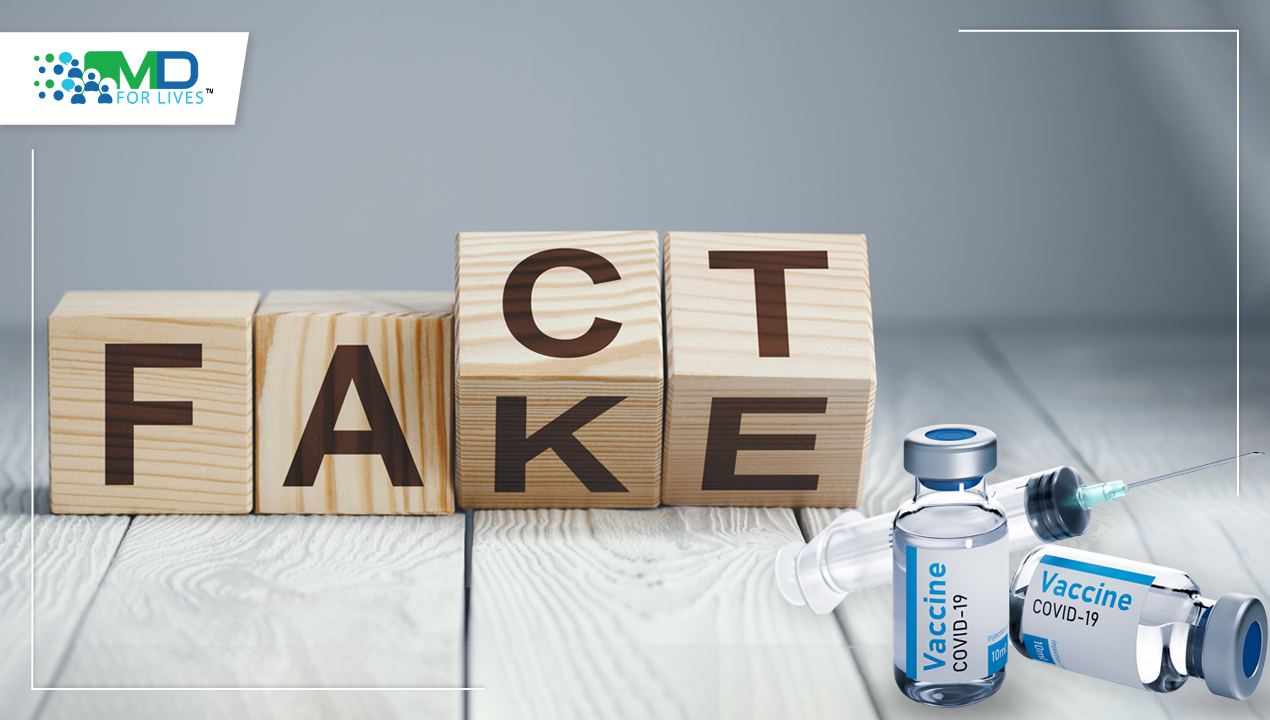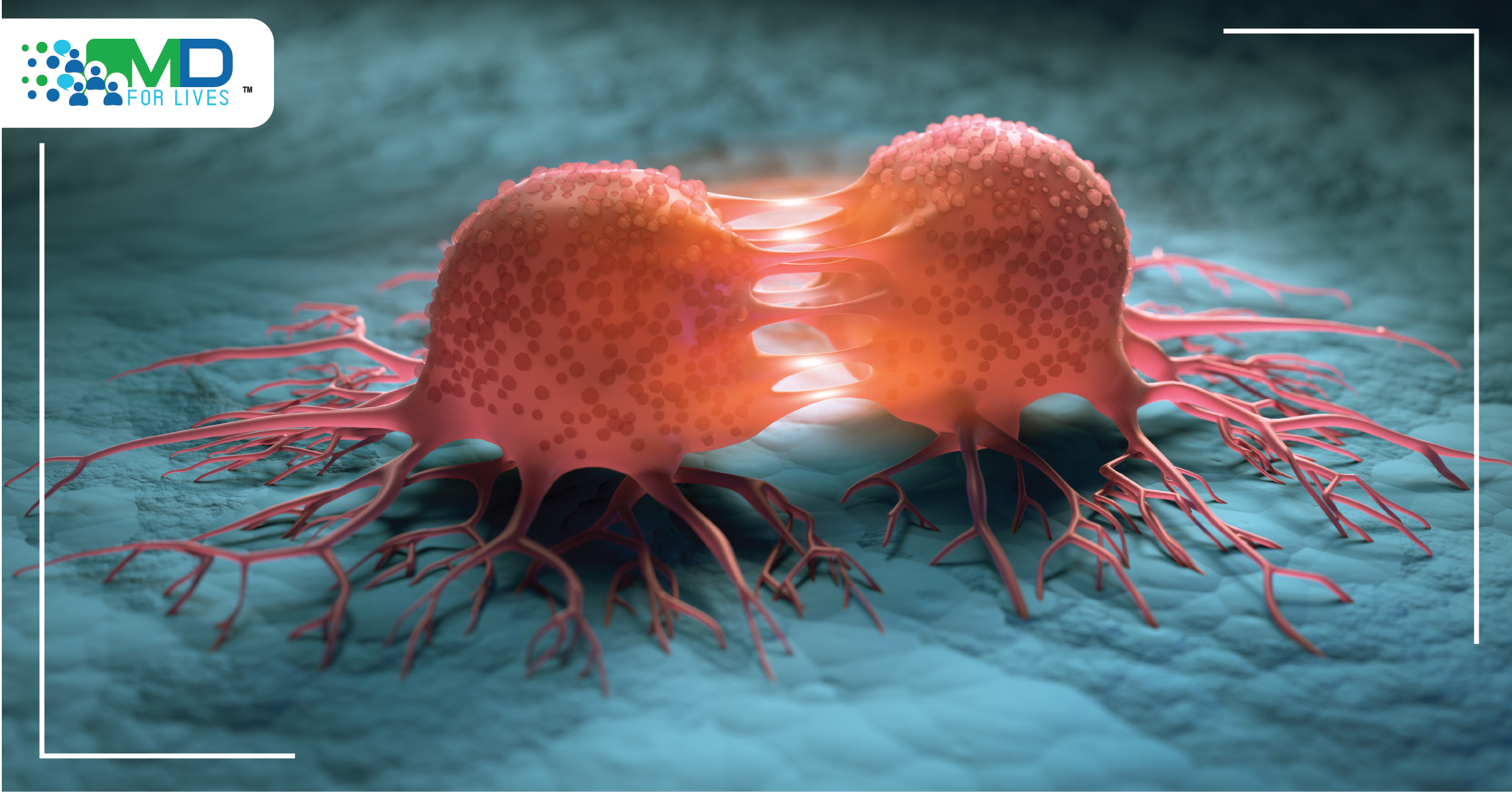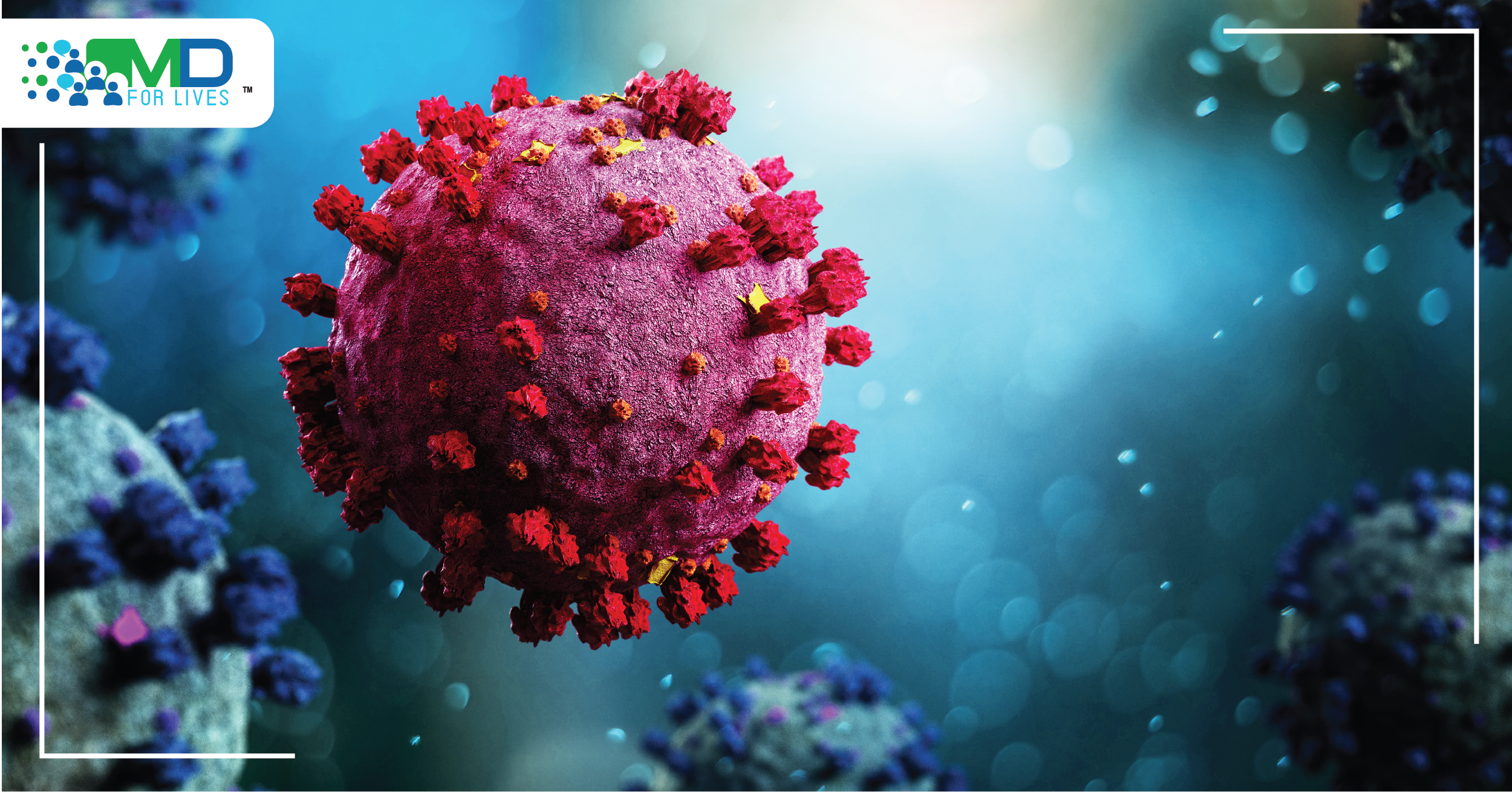As healthcare professionals, you know how quickly infectious diseases can spread and disrupt lives. Each outbreak likely reminded you how swiftly pathogens can emerge, mutate, and threaten our communities. From seasonal influenza to the unexpected arrival of COVID-19 in 2020, the need for faster, more thoughtful responses has never been more critical. But what if we could anticipate these threats before they even reach us? What if we could predict how viruses evolve and prepare in advance instead of always being one step behind? This is where ‘Predictive Vaccinology,’ powered by Artificial Intelligence (AI), comes in. By analyzing vast amounts of data, AI in healthcare helps us understand potential pathogen mutations, accelerate vaccine development, and even guide public health strategies. It’s a shift from reacting to outbreaks to proactively preventing them. For healthcare professionals, this means having a powerful tool to protect patients better and stay one step ahead of emerging and infectious diseases, ensuring preparedness before an outbreak.
Today, on World Immunization Day, we’re excited to share how AI and predictive vaccinology transform vaccine development and outbreak preparedness. Keep reading to learn more!
What is Predictive Vaccinology?
Predictive vaccinology uses advanced computational tools to predict the potential evolution of pathogens and the subsequent need for vaccines. This approach combines data from various sources, including genomic data, epidemiological patterns, and historical outbreak trends, to provide insights that would be impossible for humans to uncover independently. By harnessing AI, predictive vaccinology enables researchers to understand pathogen behavior better and forecast their future mutations to healthcare professionals.
Rather than relying solely on reactive measures to control outbreaks, predictive vaccinology is about creating proactive strategies that help anticipate the next significant threat, even before it emerges. This forward-thinking approach can drastically reduce the time needed to create vaccines for emerging and infectious diseases and get them to the people who need them most.
How AI in Healthcare is Revolutionizing Vaccine Development?
Artificial Intelligence has become an indispensable tool in the fight against infectious diseases. It enables healthcare professionals to harness the power of large-scale data and complex algorithms.
AI in healthcare is particularly useful in several critical areas of predictive vaccinology:
1. Speeding Up Disease Detection & Prediction
Artificial intelligence in vaccine development can detect mutations that signal potential new strains by analyzing viral genetic sequences in real time. This enables scientists to predict outbreaks before they escalate into global pandemics.
2. Improving Vaccine Design
Instead of relying on time-consuming trial and error, machine learning models can now predict the most effective antigens — the parts of a virus that trigger an immune response. This accelerates the design of vaccines, ensuring a more targeted and efficient process.
3. Optimizing Vaccine Trials
AI in healthcare enhances the efficiency of clinical trials by analyzing data to identify side effects, optimize dosages, and predict success rates for different populations. This allows researchers to quickly adjust their approach, saving time and resources while improving trial outcomes.
4. Personalizing Vaccines
With growing insights into genetic factors affecting immune responses, AI for vaccine development makes it possible to tailor vaccines for distinct demographic groups. This ensures that each population receives a vaccine optimized for their needs, boosting effectiveness across diverse communities.
Can ‘Predictive Vaccinology’ Truly bring in a Change?
Well, the answer to the question is – “Can? It already has!”
Predictive vaccinology is already reshaping how the healthcare industry approaches vaccine development and disease management. It’s not a futuristic concept – it’s happening now, and healthcare businesses are already reaping the benefits!
One of the most remarkable successes of AI for vaccine development, highlighted by Frontiers, is the swift creation of COVID-19 mRNA vaccines. Developed in less than a year, this achievement starkly contrasts with the traditional vaccine development timeline, which typically spans 5 to 10 years.
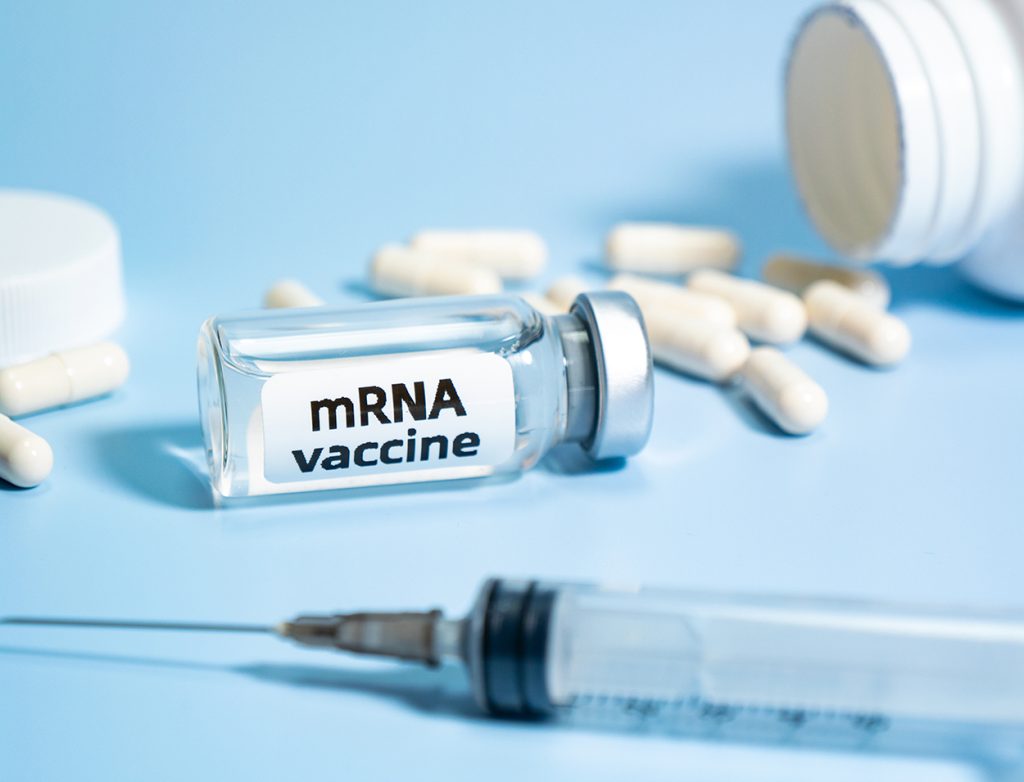
This breakthrough showcases how predictive vaccinology can drastically shorten the time-to-market for critical vaccines for emerging and infectious diseases.
But wait, it’s not just COVID-19; AI in healthcare has proven valuable in other outbreaks as well! For instance, AI-assisted predictive models were used during the 2018–2020 Ebola outbreak in the Democratic Republic of the Congo (DRC). Predictive risk maps helped guide the strategic deployment of the rVSV-ZEBOV vaccine, focusing on at-risk zones.
This targeted strategy reduced infection rates in vaccinated areas by as much as 50% compared to non-vaccinated regions.
Ethical and Logistical Challenges of AI in Predictive Vaccinology
While predictive vaccinology offers tremendous potential in transforming healthcare, it also introduces several ethical and logistical challenges. These challenges stem from the need to balance the power of advanced technology with fundamental principles of privacy, fairness, and responsibility.
Here are some of the key concerns:
- Data Privacy: One of the most critical concerns in predictive vaccinology is data privacy. AI in healthcare relies heavily on vast amounts of data to make accurate predictions, such as genetic sequences, health records, and demographic information. This data often includes sensitive personal health information, which makes it vulnerable to misuse or unauthorized access.Strict data protection protocols must be in place to protect individuals’ privacy. Healthcare providers and researchers must comply with regulations such as the Health Insurance Portability and Accountability Act (HIPAA) in the U.S. or the General Data Protection Regulation (GDPR) in Europe to ensure that personal data is securely handled, anonymized when necessary and stored appropriately.Without these safeguards, there is a risk of violating patient confidentiality and causing harm through data breaches or misuse.
- Algorithm Bias: Another significant concern is algorithmic bias. AI models are trained using data sets. If these datasets are incomplete, unrepresentative, or skewed in some way, the predictions or recommendations made by the AI could be flawed.
- Ethics of AI in Healthcare: The ethics of AI in healthcare are an overarching issue that touches on numerous areas of concern. While immensely powerful, AI technology raises questions about accountability and decision-making. For instance, if an AI algorithm makes a flawed prediction or recommendation that harms patients, who is responsible? The healthcare provider, the developers of the AI system, or the organization that deployed it?
Final Verdict: Predictive Vaccinology is the Future!
While challenges around data accuracy, algorithm biases, and healthcare integration remain, the potential of AI in predictive vaccinology is undeniable. Research is steadily addressing these issues, making the future of artificial intelligence in vaccine development promising. As healthcare organizations, governments, and tech firms collaborate, AI in healthcare keeps us a step ahead of emerging pathogens and better prepares us for future health crises. Plus, as AI models improve (in terms of precision and reliability), their applications are set to go beyond vaccine development. We can expect real-time public health alerts, enhanced epidemiological models, and even more personalized treatment options for emerging and infectious diseases.
Passionate about shaping the future of healthcare? Join MDForLives!
Participate in our best paid medical surveys to stay ahead in healthcare innovation and make a meaningful impact on patient care.
Let’s collaborate to bring AI-driven advancements into reality!
Also read
AI in Healthcare and Machine learning

The creative force behind the keyboard, Pallabi crafts narratives of healthcare wonders and research marvels. As a seasoned professional blogger, she ventures to unearth the riches of medical innovation, weaving them into insightful stories that educate.

